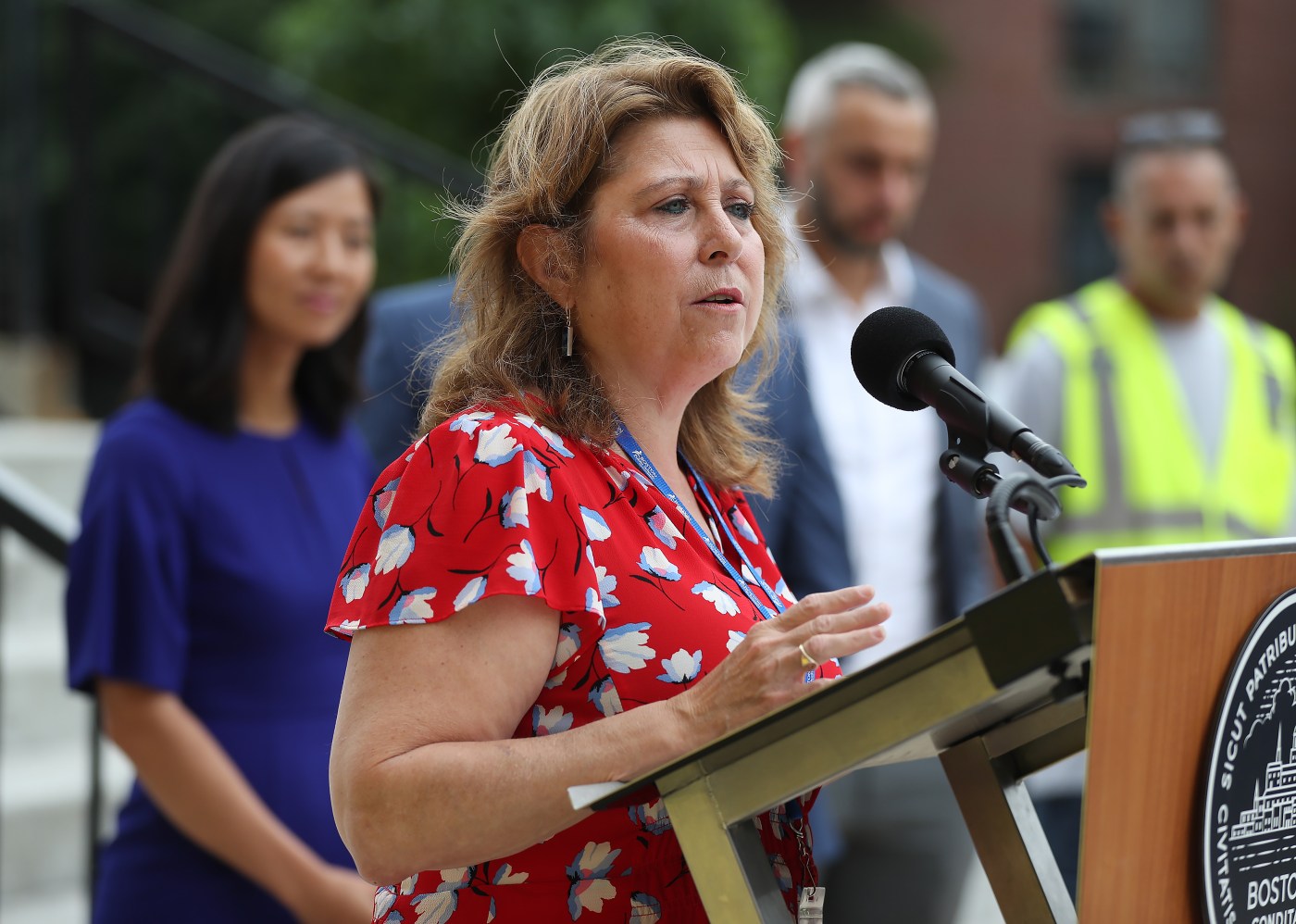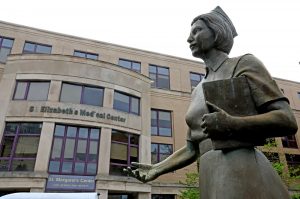
School Committee to vote on school choice program to allow non-resident students into Boston public schools
After opting BPS out of the state’s School Choice Program for 30 years, several School Committee members are expressing interest in exploring how to allow some nonresident students to enroll ahead of a vote at the next meeting.
“If the School Committee members do not vote to withdraw from the school choice program, it means the district agrees to allow nonresident students to attend BPS school starting in the school year 24-25,” BPS Superintendent Mary Skipper said at the School Committee meeting Wednesday. … “Since the law was enacted in 1994, the School Committee has voted not to participate in the School Choice program in order to ensure that Boston resident students have priority access to all of our BPS schools.”
The School Choice Program, established by the Educational Reform Act of 1993, allows Massachusetts students to enroll at districts they do not reside in unless the district votes to opt out of the program each year. Districts that participate can specify which grades will be open to nonresident students, otherwise all grades participate, and are reimbursed $5,000 a student.
The Boston School Committee will vote on whether to opt out at their May 22 meeting. BPS staff presented on the subject Wednesday — “given the number of questions from members last year,” Skipper said — recommending that the Committee vote to opt out.
Newton made waves this year by proposing allowing just 70 nonresident students in to test the program, though ultimately the proposal was voted down.
In their presentation, BPS Deputy Superintendent of Equity, Community and Family Advancement Ana Tavares argued issues with student assignment, cost implications and space limitations would arise. She noted the rise in migrant students in the last year putting strain on the system.
School committee member Brandon Cardet-Hernandez pushed back on the issues of space and money in the district, noting the declining enrolment in the district and chronic empty seats in classrooms.
Abutting districts in Cambridge, Brookline, Chelsea, Dedham, Needham, Milton, Somerville and Revere have chosen to opt out of the program in previous years, Skipper noted, creating a lack of “reciprocity” if BPS were to opt in this year.
Member Quoc Tran said though he will vote for the proposal, he believes there is an issue with “redlining” and segregating certain students out of the district in opting out. Tran cited “many, many concerns” from families excluded from the district.
Tran and others proposed thinking of innovative solutions like working with other districts to exchange a limited number of students or starting a pilot to allow a limited number of students in.
Related Articles
Boston Teachers Union president elected to take over statewide AFT-MA teachers union
Workers fix $73M Roxbury school that smelled like poop
MCAS ballot question passed over for legislative approval, on track to go to voters in November
Massachusetts Education Secretary: Students should complete FAFSA ‘as soon as possible’ amid federal chaos
2024 high school grads could face nearly $37K in college debt
“Where is the thinking of even trying something small that we know, is a pro-desegregation solution in a very segregated system and a very segregated community surrounding Boston?” said Cardet-Hernandez.
Skipper stuck by the idea that now is not the time for BPS to take on more students.
“They say on the airplane, put your oxygen mask on and then do what you need to do,” said Skipper. “We’re putting our oxygen mask on by saying to do this would compromise our BPS resident students, particularly our Black and Brown students, and we’re just not at a point to be able to do that.”


